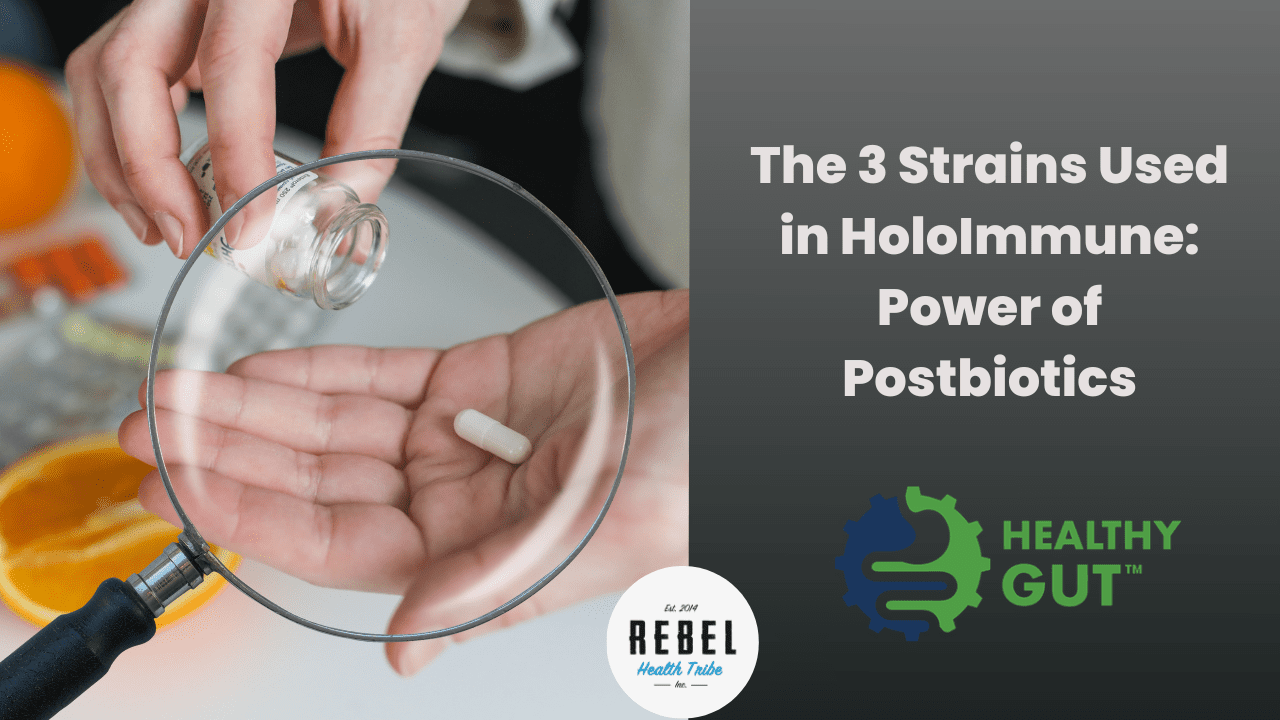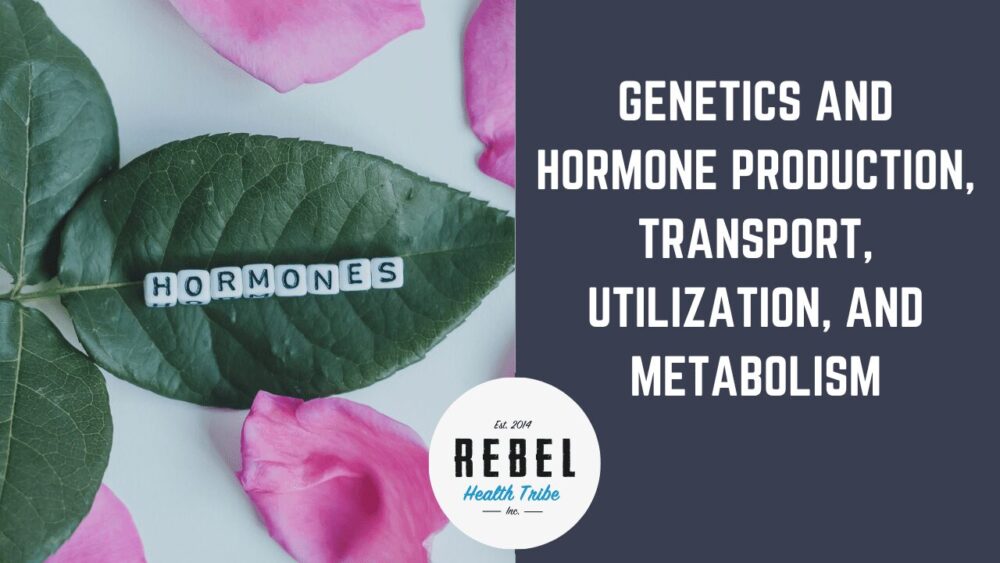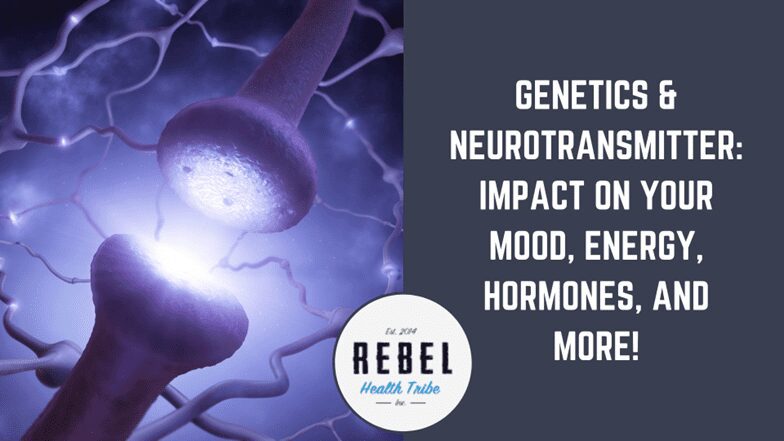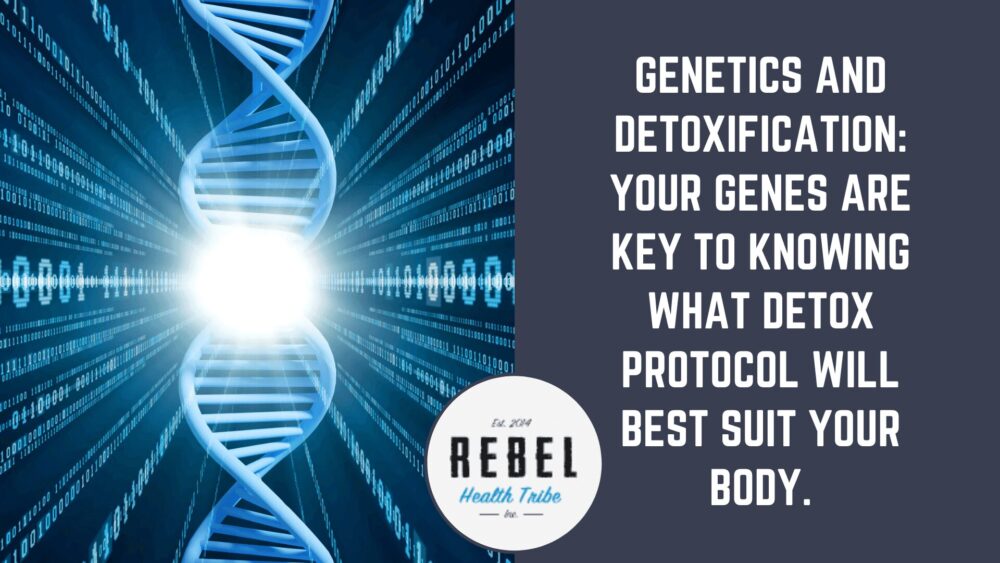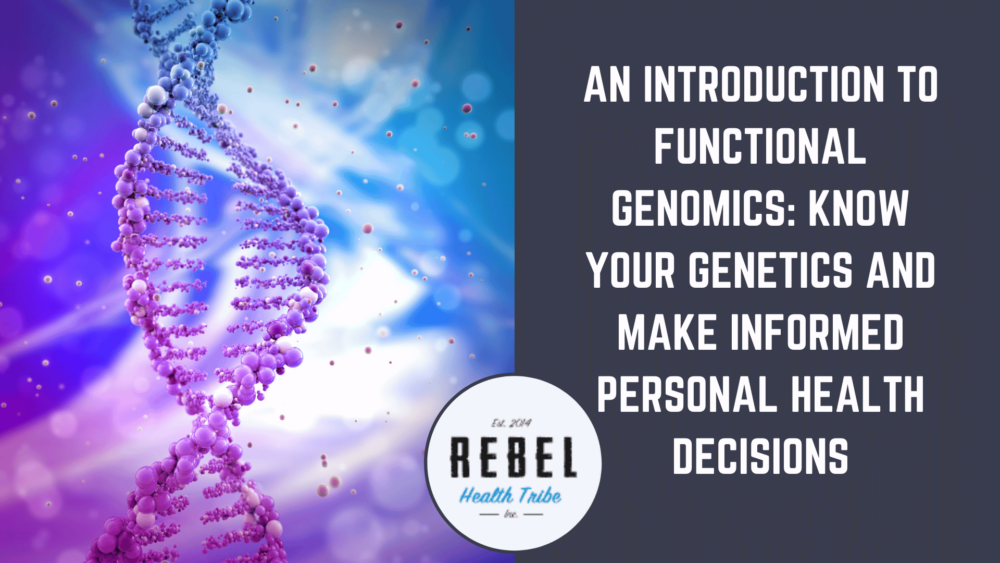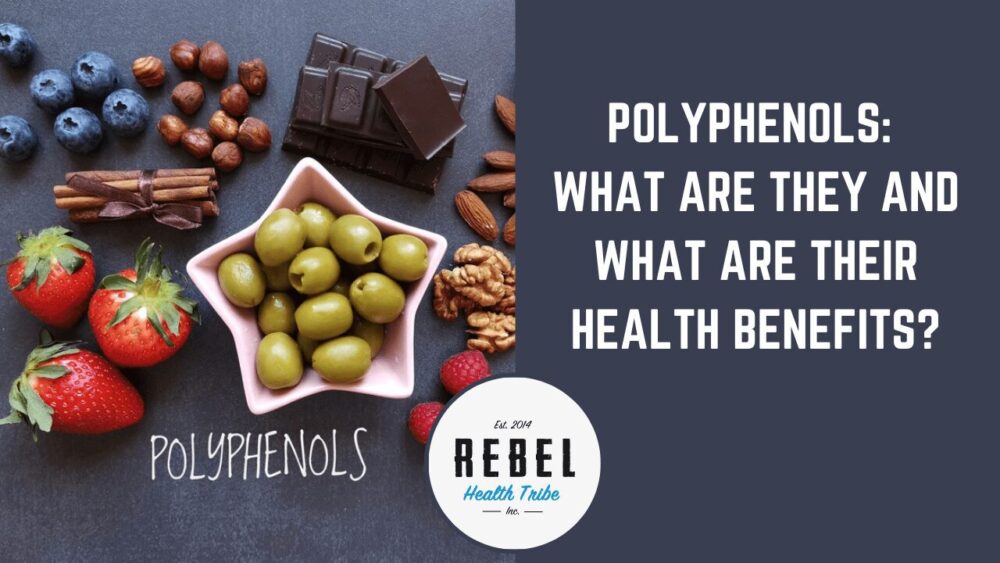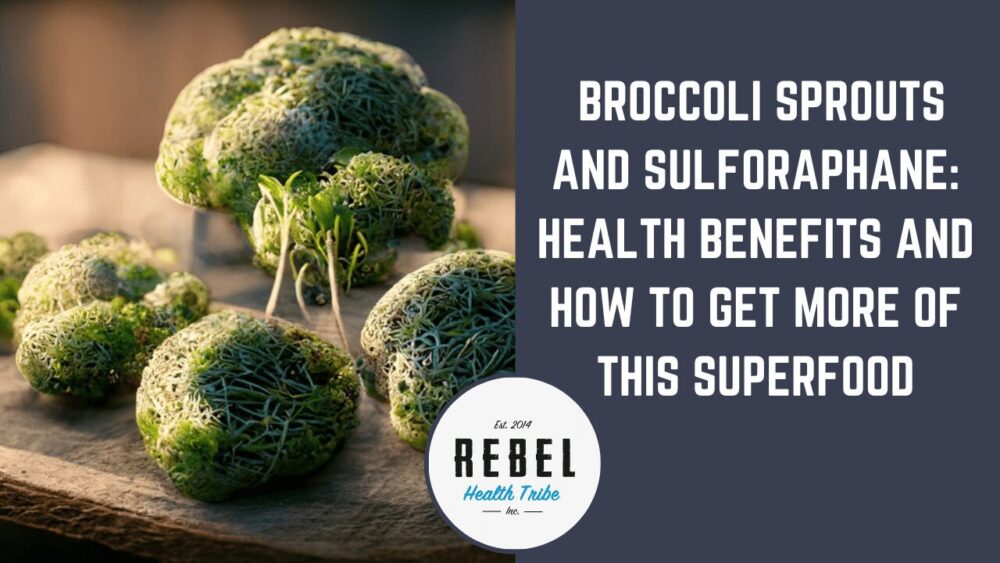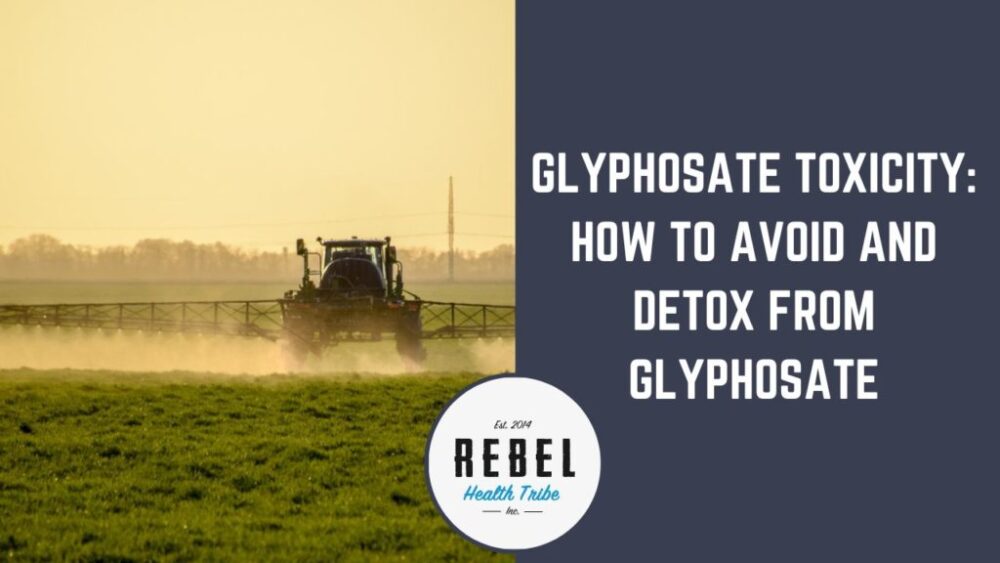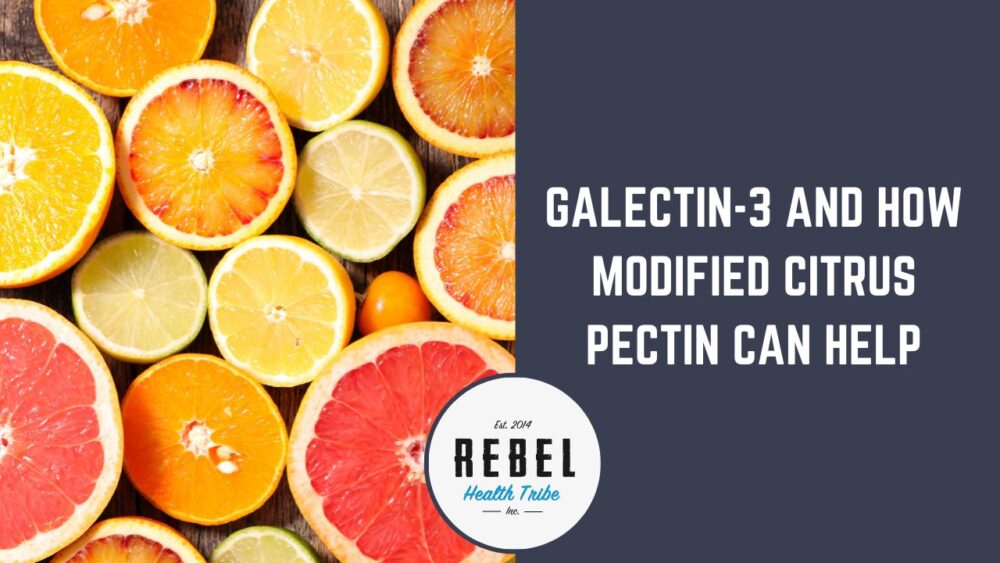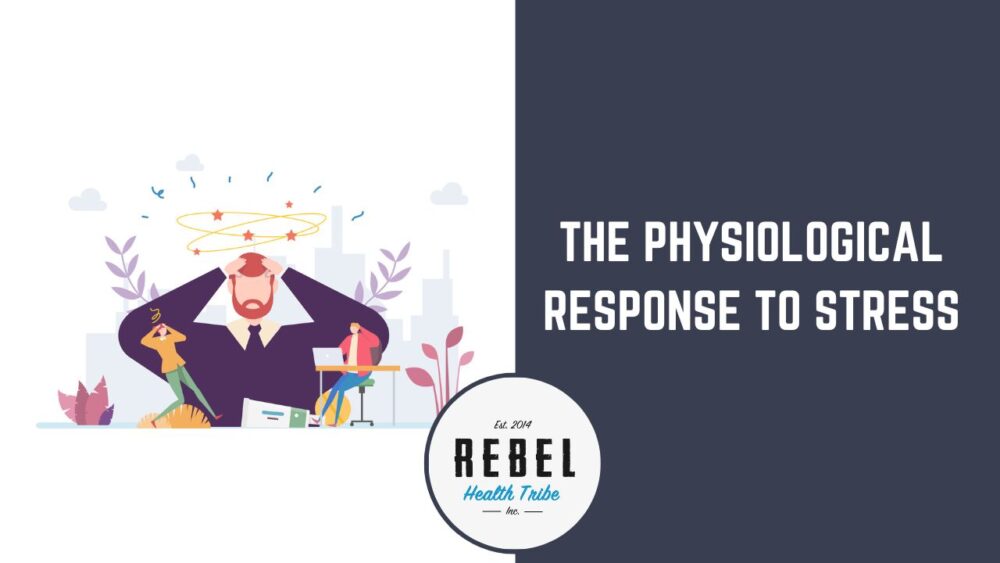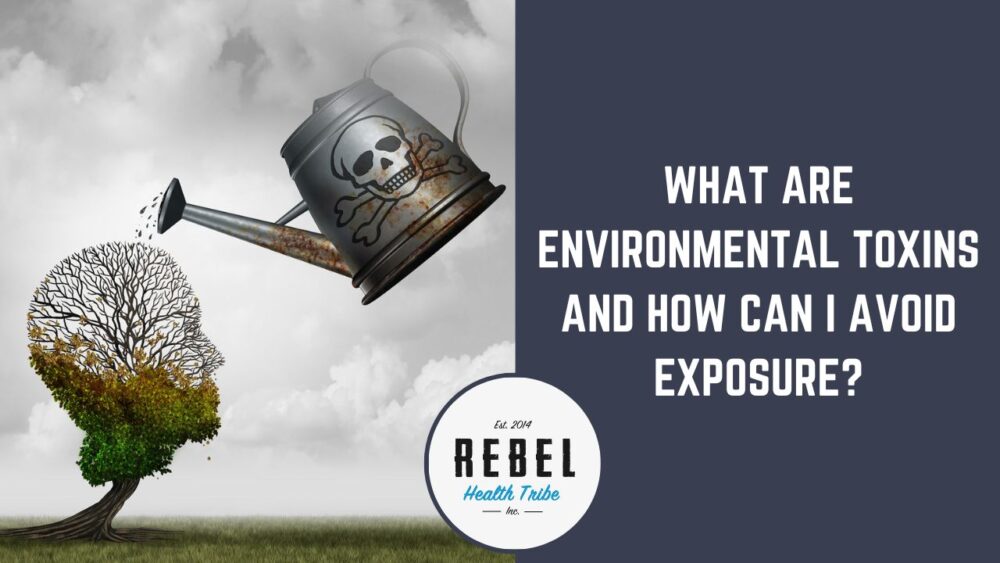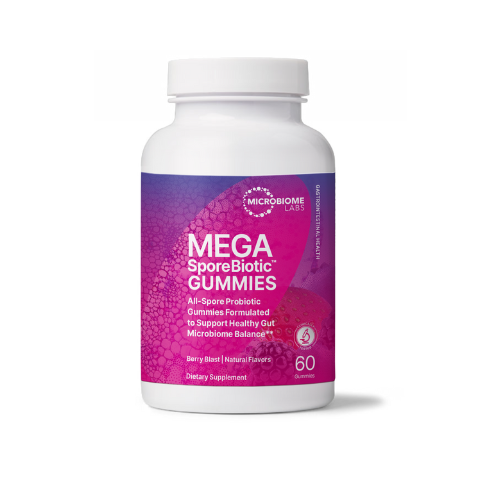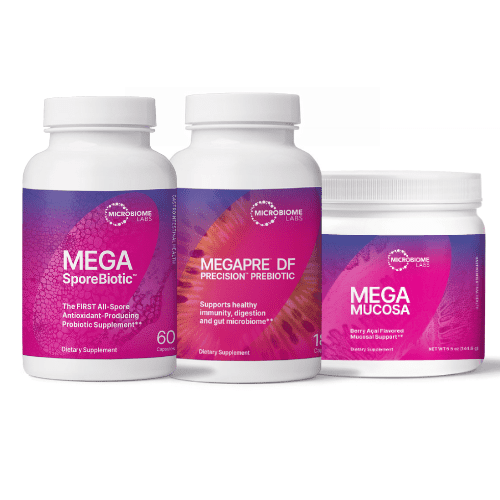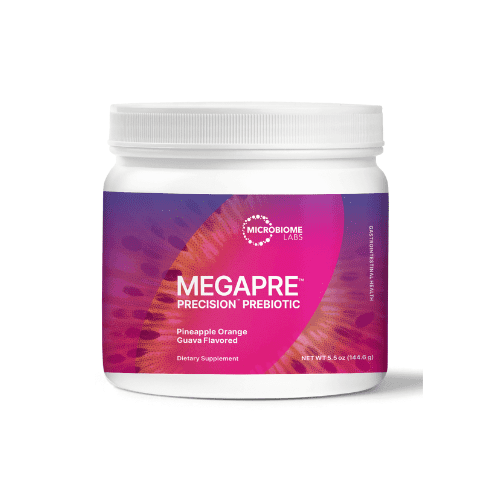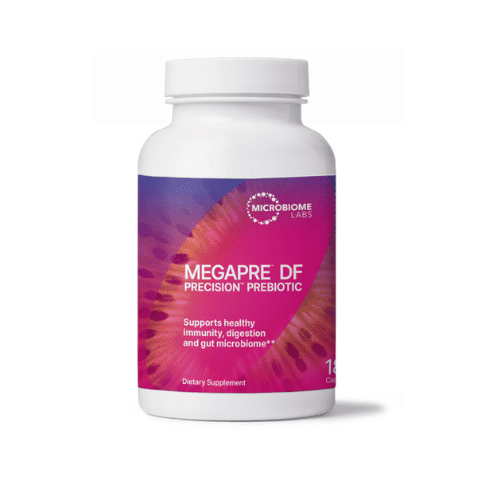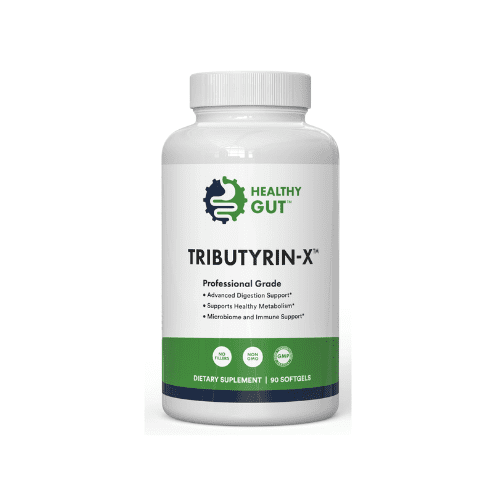When we think about things like our health, performance, longevity, and appearance we tend to focus on bigger-picture things – like diet, exercise, gut health, etc. And while all of these things are of course important, to understand some of the key reasons why they are so important, we have to zoom in a little closer.
Or more like a lot closer. Because to really understand how different factors impact our big-picture health, we have to understand how they affect the very building blocks that make up our health in the first place – the microscopic cells that make up every fiber of our being. And most importantly, we have to understand what happens when our cells undergo damage in a process known as oxidative stress.
In this blog post, we’re going to explore exactly what oxidative stress is, the implications it can have for your health, the factors that contribute to this cellular damage, and the steps you can start taking today to protect yourself from the cumulative effects of this fascinating (and harmful) process.
Oxidative Stress Defined: What Is Oxidative Stress?
Oxidative stress is technically defined as a disturbance in the balance between the production of molecules known as reactive oxygen species or free radicals and your antioxidant defenses. Let’s break down exactly what reactive oxygen species and antioxidants are and the delicate interplay between the two:1,2
- Your body naturally produces a steady stream of reactive oxygen species as a byproduct of numerous day-to-day cellular functions and chemical reactions.
- These reactive oxygen species are a class of molecules that contain an unpaired electron – making them exceedingly unstable and reactive.
- To balance out the production of these highly unstable, reactive molecules, your body has a built-in system to stabilize and neutralize these erratic molecules – the production and extraction of molecules known as antioxidants.
- Antioxidants are highly stable molecules that have the unique ability to serve as electron donors – essentially handing over an extra electron to help stabilize free radicals without becoming reactive molecules themselves.
- Your body is designed to maintain a delicate balance between free radicals and antioxidants – with free radical levels being kept in check by their stabilizing antioxidant counterparts.
- But when this delicate balance gets thrown off balance and free radical levels begin to steadily rise and overwhelm your antioxidant defenses, it can spell trouble.
- You see, these reactive molecules have a voracious appetite and will scavenge electrons in any way they can in an attempt to stabilize themselves.
- So without antioxidants to freely donate electrons, these reactive oxygen species will begin robbing your cells – stripping them of electrons and dramatically altering your cells’ structure and ability to function.
- As these greedy, electron-stealing reactive oxygen species ravage your healthy cells, the damage they induce is known as oxidative stress or oxidative damage.
If this oxidative stress accumulates and spreads, it can have some grave and serious consequences for your health.
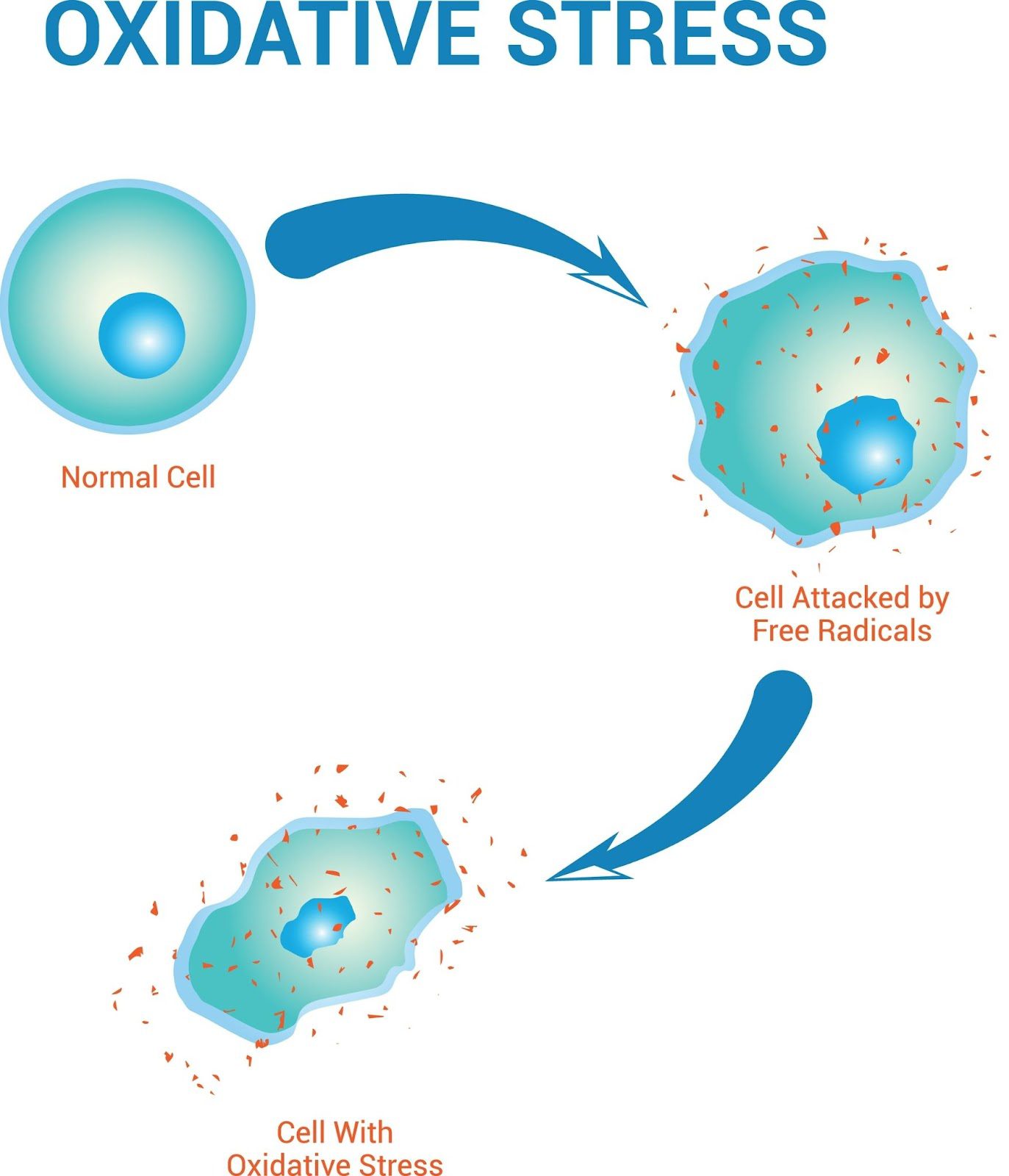
The Effects of Oxidative Stress: Why Oxidative Stress Is A Concern
Your cells are quite literally the building blocks that make up every part of you. These microscopic powerhouses make up the structure of your body and carry out all of the functions that eventually add up to all of the processes that keep you alive. So when things start to break down or go haywire at the cellular level, it has a ripple effect that disrupts every facet of your health.
Oxidative stress induced by excess free radicals is the common denominator in nearly every single chronic disease known to mankind including:3,4
- Age-related disease (as oxidative stress accumulates over the years we begin to see the cardinal signs of aging and increased susceptibility to age-related diseases)
- Autoimmune diseases like systemic lupus erythematosus, type 1 diabetes, and multiple sclerosis
- Cancer development and growth
- Cardiovascular conditions like atherosclerosis, hypertension, cardiomyopathy, cardiac hypertrophy, and congestive heart failure
- Metabolic imbalances like insulin resistance, diabetes, and obesity
- Neurological disorders like dementia, Parkinson’s disease, Alzheimer’s, amyotrophic lateral sclerosis (ALS), depression, and memory loss
- Respiratory diseases like asthma and chronic obstructive pulmonary disease (COPD)
- Joint inflammation and degeneration as seen in arthritis and rheumatoid arthritis
This is just scratching the surface of the potentially negative effects that can be traced back to excessive oxidative stress. Because it hinders your cells’ ability to properly perform their life-sustaining functions, oxidative stress is one of – if not the – primary driver of just about every disease state. So what exactly causes an imbalance between your antioxidant defenses and free radical production that triggers oxidative stress in the first place?
Causes of Oxidative Stress
When the delicate and appropriate balance is maintained, reactive oxygen species are not only normal, they are essential for health. But when the scales become tipped and the amount of reactive oxygen species being produced drastically overshadows the amount of antioxidants available to neutralize them – that’s when trouble begins.
And the truth is, there are numerous factors that can disrupt this delicate balance and cause a spike in free radical production. Some of these factors include:3,4,5,6,7,8,9
- Aging: As we age, our production of free radicals naturally goes up while our ability to stabilize them steadily declines.
- Infection and inflammation: Because your immune cells generate free radicals when they spring into action, anything that activates your immune system automatically triggers an increase in your free radical levels.
- Excessive exercise: Exercise is incredibly healthy in moderation. But chronic over-exercising can trigger a major influx of reactive oxygen species.
- Emotional and psychological stress: Chronic feelings of stress essentially means your body gets stuck in fight or flight mode. This stokes inflammation and releases a cascade of stress hormones that subsequently spikes free radical production.
- Sleep deprivation: Sleep and rest serve as potent inducers of antioxidative function. Meaning without adequate quality sleep, your antioxidant defenses can be significantly suppressed.
- Environmental toxins: Exposure to environmental toxins can stoke inflammation and free radical production while simultaneously suppressing antioxidant production – spelling double trouble when it comes to oxidative stress.
- Impaired gut health: The health of your gut directly impacts things like nutrient and antioxidant absorption, inflammation levels, your ability to handle stress, and exposure to environmental toxins – all of which significantly impact free radical levels. So if your microbiome is off, your gut barrier integrity is impaired, or your gut is chronically inflamed, it can be challenging to keep reactive oxygen species in check.
So, if free radical levels are so heavily influenced by these lifestyle factors, is it possible to pump the brakes on their production? And is it possible to reverse the effects of oxidative stress?
Can Oxidative Stress Be Reversed?
The answer to this question is – yes and no. You see, a significant amount of oxidative stress that has accumulated over the years and resulted in the development of a disease state may sometimes mean that there is a level of cumulative damage that may not always be entirely reversible.
With that being said, there are absolutely some simple and powerfully effective ways you can pump the brakes on free radical production, restore balance between your antioxidant defenses and reactive oxygen species production, and heal harm induced by oxidative damage. Accomplishing this requires a three-pronged approach that includes:10
- Reducing the production of reactive oxygen species
- Increasing your natural production of antioxidants
- Increasing your intake of externally-sourced antioxidants
Let’s dive into each of these a little deeper.
How to Reduce Oxidative Stress and the Production of Free Radicals
Again, you can’t (and don’t want to) halt the production of free radicals altogether. You simply want to restore balance and minimize the overproduction of these unstable molecules. So here’s what you can do:
- Avoid things like smoking, tobacco use, and drinking alcohol as they can spike inflammation, expose you to environmental toxins, and disrupt gut health
- Minimize stress and find healthy ways to cope with the unavoidable stress (like meditation, connecting with loved ones, or hitting the gym)
- Reduce your exposure to environmental toxins
- Be mindful of exposure to EMFs (electromagnetic fields) emitted by things like cell phones and wi-fi routers
- Heal any underlying gut imbalances
- Address any underlying infections
- Maintain a healthy body weight as excess body fat can release inflammatory substances and drive chronic inflammation
- Minimize your intake of inflammation-driving, free radical-spiking foods (like seed oils, refined sugars, preservatives, and processed foods)
By reducing the production of unnecessary reactive oxygen species, antioxidants can more adequately perform their job.
How to Naturally Boost Antioxidant Levels
Fortunately, minimizing free radical production and boosting natural antioxidant production go hand-in-hand. Some ways to boost your natural antioxidants include:
- Prioritize logging adequate high-quality sleep
- Get regular exercise (in moderation)
- On top of managing stress, focus on cultivating emotions and experiences that are positive – like fun, connection, and purpose
- Support a thriving and diverse ecosystem of gut microbes
- Spend time outside – coming into contact with the earth’s surface can allow electrons from the earth to be transferred to your body so they can assist in neutralizing unstable free radicals
Laying the foundation to support natural antioxidant production is only half of the antioxidant equation though – it’s also important to maximize your intake of these free radical-stabilizing molecules.
The Best Sources of Antioxidants

The food you consume can be a potent source of antioxidants. Some of the most antioxidant-rich foods include:11,12
- Antioxidant-rich beverages like coffee, tea, and even red wine
- Berries like blueberries, blackberries, raspberries, strawberries, and cranberries
- Cruciferous vegetables like broccoli, brussel sprouts, and cabbage
- Dairy products like grass-fed butter, milk, and cheese (if you tolerate dairy well)
- Fruits like pomegranates, oranges, and papayas
- High-quality animal protein like grass-fed beef, free-range chicken, wild-caught salmon, and quality organ meats
- Leafy greens like spinach, kale, and lettuce
- Nuts and seeds like walnuts, pecans, chia seeds, and sunflower seeds
- Root veggies like carrots, yams, and sweet potatoes
While you can certainly get an abundance of antioxidants via a healthy, well-rounded diet, you’re probably curious if an antioxidant supplement would be worthwhile.
What About Antioxidant Supplements?
While you cannot ignore the importance of minimizing free radical production, boosting natural antioxidant production, and consuming an antioxidant-rich diet, a quality antioxidant-containing supplement can be a simple and potent way to supercharge your antioxidant levels. Some of the very best antioxidant-boosting supplements include:
- Cymbiotika’s Molecular Hydrogen: Molecular hydrogen is one of nature’s favorite antioxidants thanks to its minuscule size and ability to cross cellular barriers – allowing it to be effortlessly absorbed by your cells where it immediately provides balance by neutralizing free radical damage and oxidative stress.
- Cymbiotika’s Liposomal Glutathione: Glutathione has rightfully earned its nickname as the body’s “master antioxidant” thanks to its ability to both neutralize harmful free radicals while simultaneously boosting and regenerating other important antioxidants like Vitamins C and E.
- Cymbiotika’s Liposomal Vitamin C: Vitamin C serves as a potent antioxidant on its own, restores and supercharges the properties of other antioxidants, and plays a pivotal role in supporting and modulating your immune system – making it crucial for keeping a lid on unnecessary inflammation and oxidative stress.
To learn more about these free-radical fighting, oxidative stress-reducing, and antioxidant-boosting powerhouse supplements, head over and check out the following:
- Our webinar replay with Cymbiotika’s founder Chervin Jafarieh where we chat about what makes their supplement line so unique and so effective (skip to the 23:30 mark in part 1 of the video series to learn more about Molecular Hydrogen and to the 0:50 mark in part 2 of the video series to get into Liposomal Glutathione)
So, How Concerned Should I Really Be When It Comes to Oxidative Stress?
The impacts of unchecked oxidative stress are serious and shouldn’t be taken lightly. Oxidative damage at the cellular level inevitably has far-reaching effects that can dramatically impact your health, happiness, appearance, performance, and more. So minimizing reactive oxygen species and the oxidative damage they cause should be high on your priority list when it comes to your health.
And when it comes to minimizing, mitigating, and reversing the effects of oxidative stress, it requires a big-picture, whole-life approach. Fortunately creating a balanced, healthy lifestyle that takes into account all of the physical, mental, emotional, and environmental factors that influence your health will naturally set the foundation for a healthy balance between harmful free radicals and health-boosting antioxidants.
If you’re looking for more ways you can create, support, and enhance your health while combatting the effects of oxidative stress, we’ve got you covered. We’ve got loads of resources on our blog, on our podcast, and in our Professional Masterclasses. And if you want a shortcut to help you build and optimize your own foundational health habits and routines, you’ve got to download our free RHT Health Foundations & Optimization Guide.
Think of it like a “start here” guide on your journey to health & wellness optimization that’ll simplify the most essential actions you can take (right away) to start pushing the needle in a positive direction and protect yourself against the damaging effects of excessive oxidative stress! Click here to download your free guide now.
Resources:
- What is oxidative stress? – PubMed (nih.gov)
- Antioxidants | The Nutrition Source | Harvard T.H. Chan School of Public Health
- Oxidative Stress: Harms and Benefits for Human Health (nih.gov)
- Frontiers | Lifestyle, Oxidative Stress, and Antioxidants: Back and Forth in the Pathophysiology of Chronic Diseases (frontiersin.org)
- Psychological Stress-Induced Oxidative Stress as a Model of Sub-Healthy Condition and the Effect of TCM (nih.gov)
- Free radicals in exhaustive physical exercise: mechanism of production, and protection by antioxidants – PubMed (nih.gov)
- Effect of REM sleep deprivation on the antioxidant status in the brain of Wistar rats (nih.gov)
- Free radicals and environmental toxins – PubMed (nih.gov)
- Oxidative Stress and the Microbiota-Gut-Brain Axis (nih.gov)
- Strategies for Reducing or Preventing the Generation of Oxidative Stress (nih.gov)
- Slide show: Add antioxidants to your diet – Mayo Clinic
- Frontiers | Immune-Boosting, Antioxidant and Anti-inflammatory Food Supplements Targeting Pathogenesis of COVID-19 (frontiersin.org)




